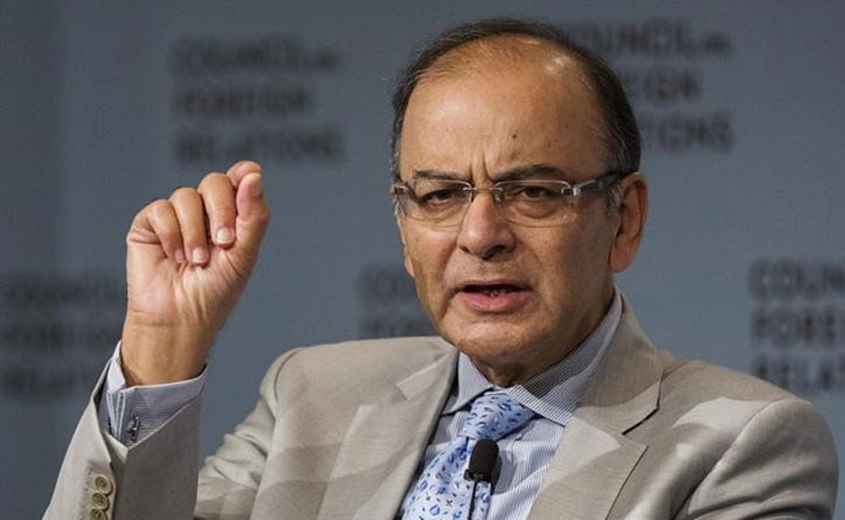The determined Central government which is bent upon implementing the Goods and Service Tax (GST) must ensure that the entire operation does not remain a mere Optics exercise but in actuality translates into a major fiscal reform that would benefit the common people. The trepidation of it being reduced to a publicity gimmick is due to the fact that many questions have been raised regarding the unpreparedness of the concerned departments and therefore, the onus is on the government to guarantee that GST becomes a reality post a smooth transition from the existing regime. Finance Minister Arun Jaitley has been working overtime for the success of the programme that is now curiously being opposed by many opposition parties which were on board when the issue was debated in Parliament and State legislatures.
It is not easy to implement any law throughout the country especially if it seeks to target evaders who over the past several decades have become accustomed to getting away scot-free. It is obvious that there would be resistance from several quarters as well as the BJP’s own strong base of traders who may or may not have conformed to the tax scheme till now. By deciding to boycott the proceedings in Parliament House to launch the new law, the Opposition parties have not showcased themselves in the requisite decorum. The need of the hour was for them to rise to the occasion thereby standing by the government replicating their corroboration when the GST was approved.
Indeed it is true that the government is semi-equipped. The joke doing the rounds is that the rules are not ready, the software are not ready, the businessmen are not ready, the professionals are not ready, the government systems are not ready, the forms are not ready, the tax rates are not ready, so why the tearing hurry? The bigger joke would be that there cannot be a perpetual wait for its implementation. There has to be a decisive deadline which was moved up from April to July 1 and thus there is no express reason for it to be put off any further.
It is commendable that Jaitley has not been overawed by the criticism of the Opposition and has remained resolute and single minded in proceeding with his plans. He is well aware that it is a now or never moment. The GST can only be pushed through with a strong government at the Centre and this has happened after nearly 25 years of coalition rule. Therefore, reforms of any nature are directly dependent on political stability and a law which was backed by majority of parties cannot be kept in abeyance merely because some believe that the level of preparedness should have been better.
A point of denunciation of the GST is that it entails a jail term for defaulters which is but the in-built outcome. This is the only way more and more people who have been out of the net of indirect taxes can be roped into it. Fear may not be the best
Fortunately during the three year old regime of the Bharatiya Janata Party in a non- emergency situation, the bureaucracy has also got the message that they have to perform or perish and thus there is no running away from any kind of responsibility. Once the officers are reined in, people would eventually abide by the new tax regime. After all no political party would have a death wish that it would want to execute a law which is anti-people.
The Opposition which seemed together on the election of the President appears to have suddenly fallen apart. The Nationalist Congress Party (NCP) has made it clear that after supporting GST in Parliament, it was not going to thwart its enactment. The Janata Dal (Secular)’s supremo and former Prime Minister H.D.Deve Gowda realising it was a God sent opportunity to be seated on the High Table in Parliament, a year ahead of polls in Karnataka was present to make his date with destiny. The Janata Dal (United), the Samajwadi Party and the BSP did not issue any instructions to its members regarding their compulsory presence or absence from the Central Hall ceremony.
The Congress and the Communists have landed up on the same side along with some others like the Trinamool Congress in staying away from the high profile function. Their opposition is as myopic as it is political. The GST is here to stay and no dispensation in future may be able to upturn it easily. The success and failure of the reform will depend on how effectively the present government engineers it. Between us.

